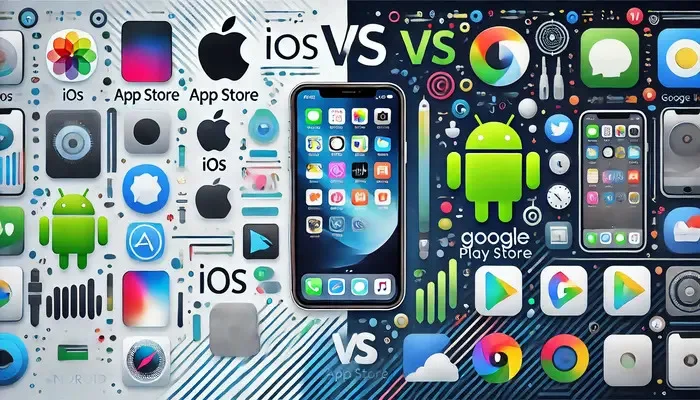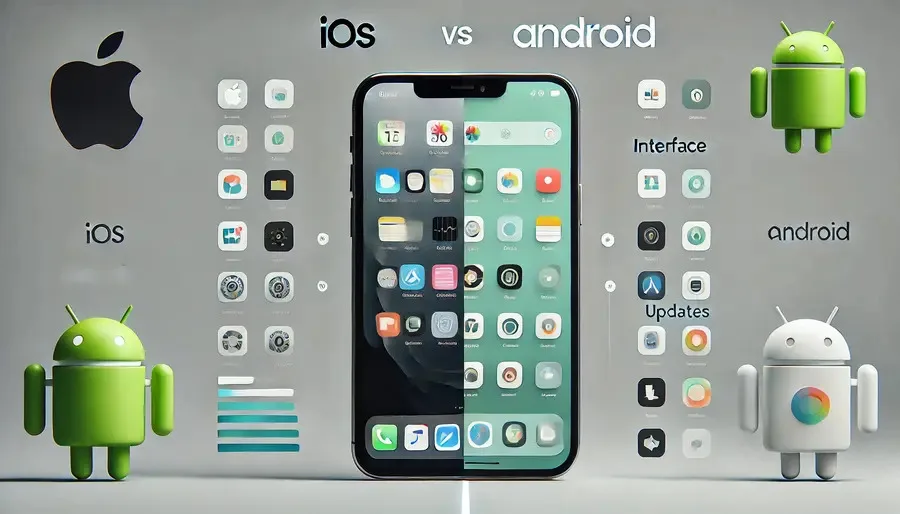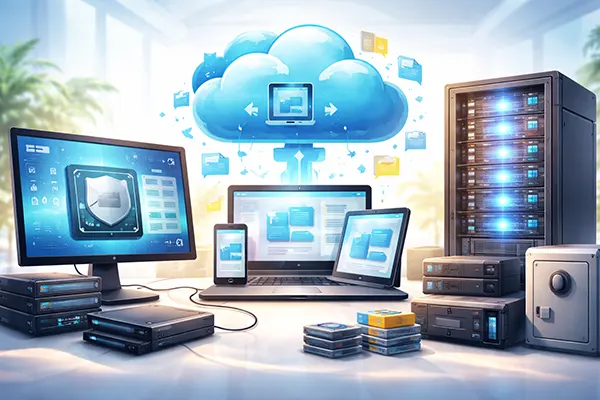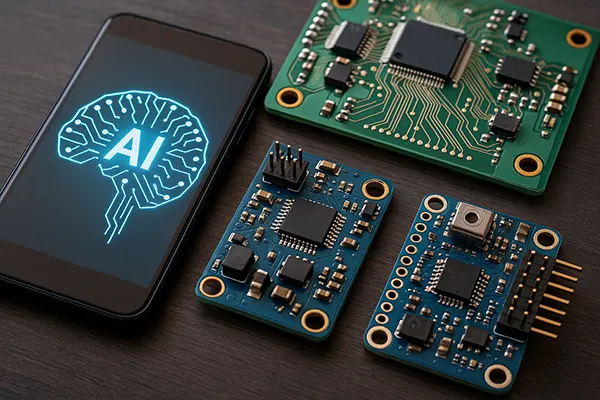Comparison of iOS and Android: Which is Better for You?

Choosing between iOS and Android can be challenging, as both operating systems have unique strengths. This article delves into their histories, interfaces, ecosystems, app stores, update policies, and security features to help you determine which suits your needs best.
History and Evolution of iOS and Android
iOS, developed by Apple, was first introduced in 2007 with the original iPhone. It revolutionized mobile technology with its intuitive touch interface and seamless integration with Apple’s ecosystem. Over the years, iOS has evolved to include features like Face ID, advanced camera functionalities, and a robust App Store.
Android, created by Google, launched its first version in 2008. Unlike iOS, Android is open-source, allowing various manufacturers like Samsung, LG, and Huawei to customize it for their devices. This flexibility has resulted in a diverse range of smartphones with varying features and price points. Android’s evolution has focused on customization, multitasking, and deep integration with Google services.
Interface and User Experience
iOS is known for its clean, intuitive interface and consistent user experience across all devices. Apple’s design philosophy emphasizes simplicity and ease of use, making it a favorite among users who prefer a straightforward, reliable interface. The Home Screen, with its uniform grid of apps, and features like the Control Center and Siri, enhance user experience.
Android offers a more customizable user experience. Users can personalize their Home Screen with widgets, change default apps, and tweak system settings extensively. This flexibility appeals to tech-savvy users who enjoy tailoring their device to their preferences. Android’s interface varies significantly between different manufacturers, leading to a more fragmented but versatile user experience.
Ecosystem and Integration
The Apple ecosystem is one of iOS’s strongest selling points. Devices like the iPhone, iPad, Mac, Apple Watch, and Apple TV work seamlessly together. Features such as Handoff, AirDrop, and iCloud ensure a smooth experience across all Apple devices. This integration is particularly beneficial for users who own multiple Apple products.
Android, while not as tightly integrated as iOS, offers strong synergy with Google services. Features like Google Assistant, Google Photos, and seamless integration with Google Drive enhance productivity and connectivity. Additionally, Android’s open nature allows for integration with a wide range of third-party devices and services, providing flexibility for users who prefer a diverse tech ecosystem.

Apps and App Stores
The App Store, Apple’s application marketplace, is known for its stringent quality control and security measures. This ensures that iOS apps are generally more polished and secure. Developers often release apps on iOS first, given its higher monetization potential and user base.
Google Play Store, Android’s equivalent, offers a vast array of apps. While its open nature leads to a broader selection, it also means that the quality can vary more widely. However, Google Play Protect and other security measures have significantly improved app safety over the years. Additionally, Android users have the flexibility to install apps from third-party sources, enhancing their customization options.
Updates and Support
iOS devices receive regular updates directly from Apple, ensuring that users have access to the latest features and security patches. Typically, iOS devices receive updates for five to six years after their release, providing longevity and value for users.
Android updates depend on the device manufacturer and carrier, leading to a more fragmented update schedule. Google’s Pixel devices receive timely updates, but other manufacturers may delay updates for several months. However, Android’s Project Treble has improved update speeds for newer devices.
Security and Privacy
iOS is renowned for its robust security and privacy features. Apple emphasizes user privacy, with features like App Tracking Transparency and data encryption. The closed nature of iOS also minimizes the risk of malware.
Android, historically seen as less secure due to its open nature, has made significant strides in recent years. Google Play Protect, monthly security updates, and features like Scoped Storage enhance Android’s security. Additionally, Android’s open-source nature allows for more user control over privacy settings.
Popular topics
-
 OpenTelemetry in Production...
OpenTelemetry in Production...By 2026, distributed systems are the norm rather than …
-
 Rate limiting and API abuse...
Rate limiting and API abuse...Rate limiting is one of those controls that looks …
-
 Backup Comparison in 2026: ...
Backup Comparison in 2026: ...Backups are one of those things most people only …
-
 High-Performance Networking...
High-Performance Networking...High-performance networking has become a core requirement for modern …
-
 Edge AI and TinyML: How Int...
Edge AI and TinyML: How Int...Edge-level artificial intelligence has become one of the most …
